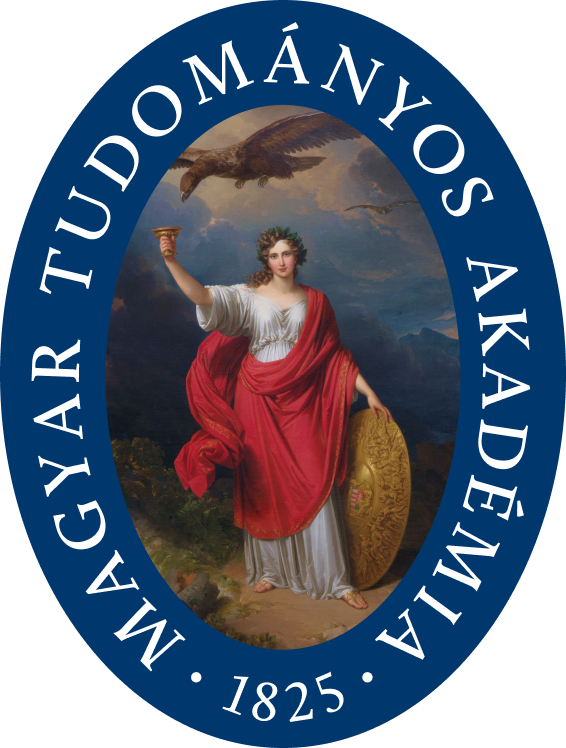MTA-SZTE Health Promotion Research Group
Mid-term Report
01.09.2021. – 31.08.2023.
1. Historical content analysis of Hungarian curricula and directives published between 1868 and 1990 from the perspective of school health education, health promotion. Partial results were published in the special issue of the Journal Iskolakultúra (School Culture) (Vol. 33, No. 1-2 (2023)). Further plans: continuing the analysis and publishing results in The Curriculum Journal (Education, Q1).
2. In cooperation with the MTA-PTE Innovative Health Pedagogy Research Group a comparative analysis of the Hungarian, Swedish, Finnish and Estonian National Core Curricula from the perspective of health promotion and health education, along the analysis criteria presented in HECAT (Health Education Curriculum Analysis Tool), and with the help of the QDA Miner document analysis software. Partial results were presented in ONK 2021 and 2022, as well as in the special issue of the journal Iskolakultúra. Data analysis is ongoing, results are to be published in 2 papers in Curriculum Studies in Health and Physical Education (Education, Q1). Curriculum analysis by HECAT is also part of 1 PhD student’s dissertation work.
3. Questionnaire survey titled Parents’ opinion about the health behaviour of their children. 225 questionnaires were filled out; data acquisition took place in May-June 2022. The questionnaire also contained the Internet Addiction Test – IAT, that was translated into Hungarian and validated. The data have been processed, part of the results were published. An English language manuscript was submitted into Cogent Education (under review) (Education, Q2), with the title Mental Health Status Questionnaire based on parental observations – a new diagnostic tool in the education setting. Our main result presented here is a measurement tool for teachers, developed by the research team, which - by including parental observations - can be used to help prepare educational decisions related to children's mental health, at individual, classroom or school level.
4. Preparation of an explorative questionnaire for educators along the principles of the WHO document: Making Every School a Health Promoting School. On the basis of the responses to the questionnaire, we will prepare professional recommendations that will help to improve the future well-being of staff and pupils at the school, including their health, well-being, academic achievement and community life. The questionnaire is being finalised and the survey itself is planned for the spring semester of the term 2023-2024.
5. Review of the learning outcome requirements and curricula of the teacher and educator degree programmes from the perspective of how they reflect the preparation for health promotion and health education tasks addressed to teachers by the current Hungarian National Core Curriculum (NCC 2020). The document analysis is part of the dissertation work of 1 PhD student. The review of the requirements of the relevant fields has been carried out, and the review of the curricula of each field is currently analysed on the basis of the training programmes at the University of Szeged. Our results have not yet been published.
6. Further analysis of the data obtained from the Lifestyle research based on the holistic health concept and its connections with Antonovsky’s Sense of Coherence, in the Szeged-Csanád Diocese (2018-2021) (Ethical approval No. Is 226/2018-SZTE).
Between 2018 and 2021, we conducted a questionnaire-based research in the Diocese of Szeged-Csanád with 544 adults (259 of them educators). By using data from the indicator questions selected to measure the dimensions of the holistic concept of health and the 29-question Sense of Coherence Questionnaire (SOC29), we have proven that our regression model using the holistic dimensions of health explains 36.7% of the variance of the SOC29, i.e. the Sense of Coherence Questionnaire may be a potential replacement and refinement of the often very long questionnaires used to measure subjective health perceptions, or even of the simplified question: How do you assess your health status. Further statistical analyses are being carried out in line with the MTA research and our results are being prepared for submission to the journal Social Science Research (Education, Q1).
7. Special issue of the Journal Iskolakultúra (Vol. 33, No. 1-2 (2023))
School Health promotion. Special issue by the MTA-SZTE Health Promotion Research Group, containing 12 papers. https://www.iskolakultura.hu/index.php/iskolakultura/issue/view/2490
Related events: 16.05.2023. – Online forum initiated by the Health Education Division of the Hungarian Pedagogical Society on our Special Issue of the Journal Iskolakultúra. 18.09.2023. 17.00-18.30 – School Health Promotion – Motivation Workshop discussions. https://fb.me/e/682iGyLBe
8. Organising conferences
Uploaded into the online reporting system.
9. Organising a symposium
Uploaded into the online reporting system.
Szeged, 25.09.2023.
Dr. habil. Tarkó Klára, PhD.
head of research group
